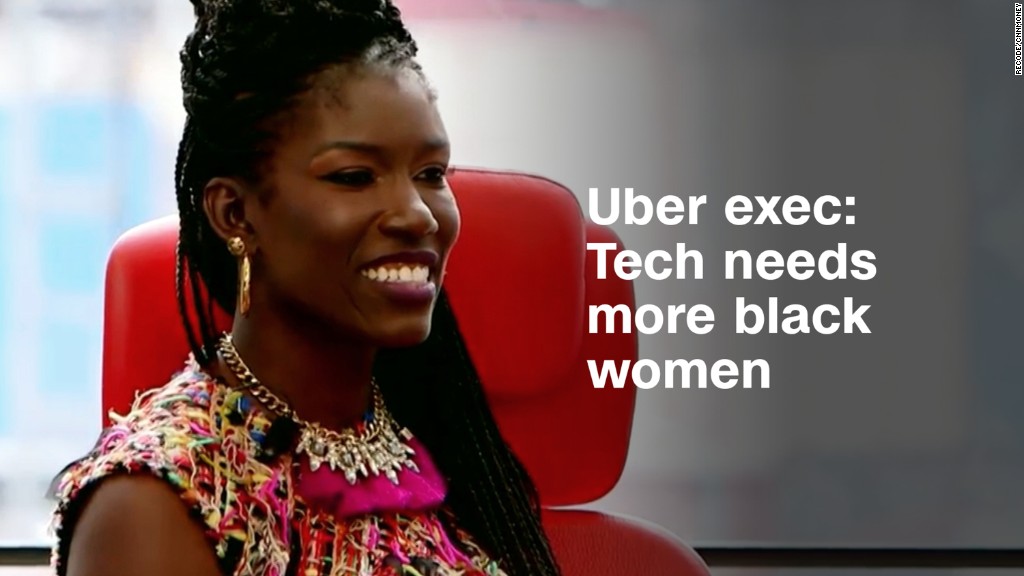
Many people of color carry an invisible weight at work.
The problem is particularly glaring for women. In fields dominated by white men, women of color often battle exclusion, microaggressions and murmured insults.
And it's not only a mental experience. It can exact a physical toll as well. People of color report greater difficulty sleeping because of work issues, and according to Jennifer M. Gómez, a postdoctoral fellow at Wayne State University, stressful work conditions can exacerbate conditions like hypertension and insomnia.
"There can be a physical manifestation that we don't always think about, so instead of someone feeling depressed, they might feel very sluggish in their body, which you wouldn't always think, 'Oh, that's because of that racism I'm experiencing,'" Gómez says. "All you know is, 'I just don't feel good.'"
Karlyn Percil battled chronic insomnia when she worked as a senior project manager in the financial industry. At the time, she thought, "There's something wrong with me," but never made the connection between her sleep issues and the stresses she was experiencing at work.
A report from Catalyst, a non-profit examining women at work, calls this phenomenon an "emotional tax," defining it as "the combination of feeling different from peers at work because of gender, race, and/or ethnicity and the associated effects on health, well-being, and ability to thrive at work."
Related: The unpaid work that always falls to women
"This could happen in a hallway interaction, really thinking about how to deal with it at a meeting when your ideas might be ignored or you feel dismissed — that emotional energy that's put into preparing for that, avoiding and changing your appearance and making modifications to fit — the covering that goes into that can be really emotionally taxing," says Dnika Travis, vice president of research at Catalyst.
Identifying these things as signs of an emotional tax is difficult, especially when workplace interactions run the gamut from overt insults to coded comments.
Physical symptoms can also vary from person to person.
"The thing about emotional tax is it robs you of your ability to see beyond where you are," says Percil. "At the time, I didn't have the language for it," she says. "I just knew I was exhausted."
Related: This is what women have to do to become CEO
This is where offices and managers can step in to lift the burden, experts say. The first step is focusing on retention as well as recruitment.
"Don't just focus on getting people here, but listening when they are here," Gómez says. "Sometimes in the workplace it can be 'OK, we have two women of color on staff, they're gonna be in charge of the diversity committee and they're gonna fix it.' If we want to make this workplace one that isn't rife with racism, sexism, and sexual harassment, then it's all of our jobs."
Percil is now CEO and founder of SisterTalk Group, a diverse women's network. She says she is committed to mentoring other women of color through the challenges of emotional tax.
"I can actually pass on a playbook that tells women of color, 'Hey, here are the potholes. Here's some stats. Here's what we can do,'" she says.
